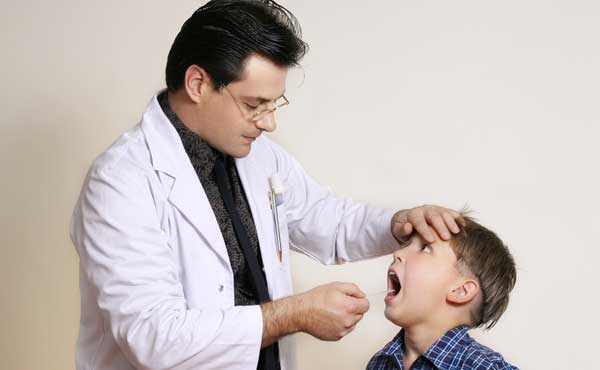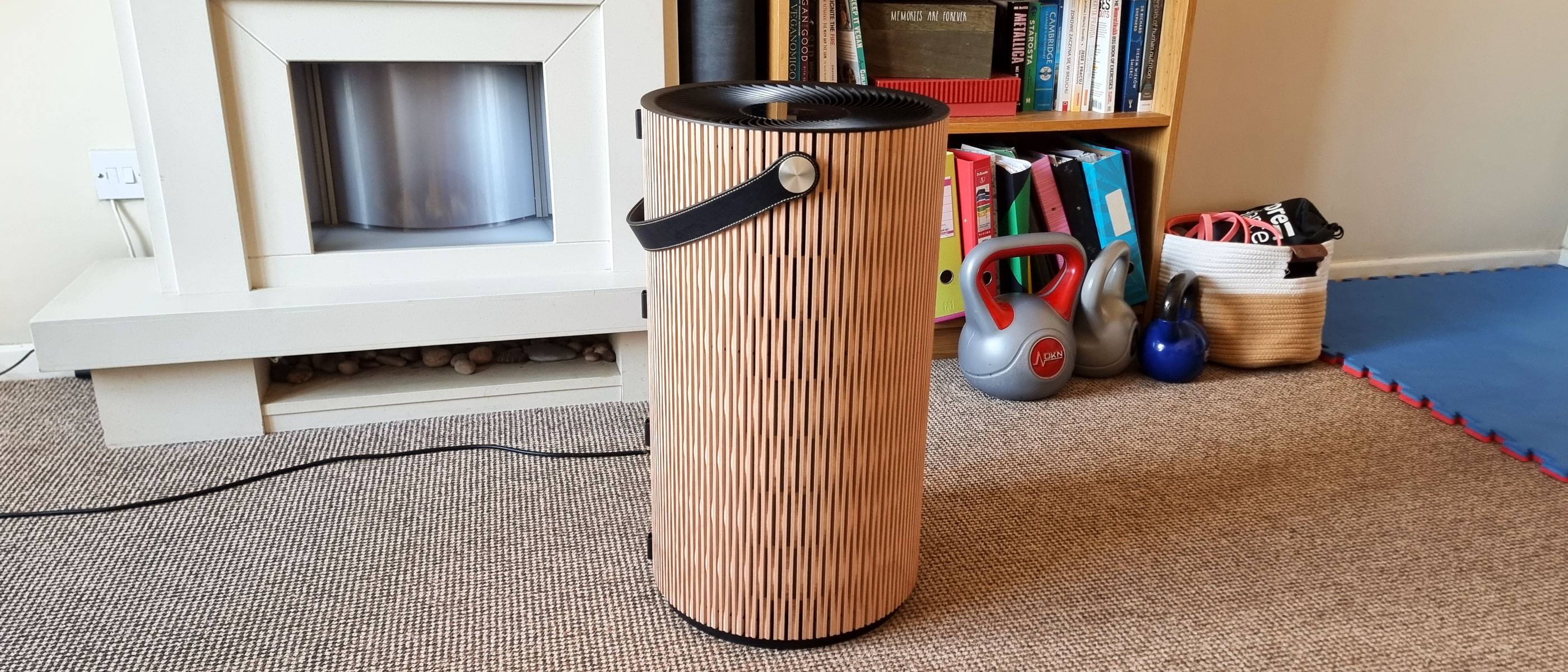Pharmacy Clinics Aren't for Kids, Docs Say

Get the world’s most fascinating discoveries delivered straight to your inbox.
You are now subscribed
Your newsletter sign-up was successful
Want to add more newsletters?

Delivered Daily
Daily Newsletter
Sign up for the latest discoveries, groundbreaking research and fascinating breakthroughs that impact you and the wider world direct to your inbox.

Once a week
Life's Little Mysteries
Feed your curiosity with an exclusive mystery every week, solved with science and delivered direct to your inbox before it's seen anywhere else.

Once a week
How It Works
Sign up to our free science & technology newsletter for your weekly fix of fascinating articles, quick quizzes, amazing images, and more

Delivered daily
Space.com Newsletter
Breaking space news, the latest updates on rocket launches, skywatching events and more!

Once a month
Watch This Space
Sign up to our monthly entertainment newsletter to keep up with all our coverage of the latest sci-fi and space movies, tv shows, games and books.

Once a week
Night Sky This Week
Discover this week's must-see night sky events, moon phases, and stunning astrophotos. Sign up for our skywatching newsletter and explore the universe with us!
Join the club
Get full access to premium articles, exclusive features and a growing list of member rewards.
Although clinics inside pharmacies or groceries may be convenient places to take a sick child, parents are not advised to use them for their little ones, according to a new statement from an influential doctors' association.
The statement, from the American Academy of Pediatrics, says that retail-based clinics are not an appropriate source of primary care for children because they break up a patient's medical care, and prevent patients from having an ongoing relationship with a single doctor who helps coordinate their care.
Providers at retail-based clinics often lack specialty training in children's health issues, and may overlook underlying medical conditions because they are not familiar with that particular patient's medical history, the statement says. [10 Scientific Tips For Raising Happy Kids]
Pediatricians also view any doctor's visit, even one for a minor condition, as an opportunity to address other health issues (such as mental health or obesity), which may be missed if the family instead goes to a retail-based clinic, the AAP said.
The AAP previously released a statement strongly opposing retail-based clinics in 2006. The new statement continues to oppose these clinics, but acknowledges that they have grown in number in recent years.
As of 2012, there were more than 6,000 retail-based clinics in the United States. Although the majority of people who use these clinics are adults, one study found that as many as 23 percent of parents said they had taken their child to such a clinic.
The AAP encourages pediatricians to provide accessible hours and locations to their patients, and same-day appointments if needed.
Get the world’s most fascinating discoveries delivered straight to your inbox.
Still, the new statement recognizes that pediatricians often don't provide care around the clock, so there may be situations where parents will use these clinics for a child's sudden illnesses.
In these cases, parents should consider using a clinic only if it has a formal relationship with the child's pediatrician, and will let the pediatrician know about the visit, the AAP said.
Dr. Georges Benjamin, executive director of the American Public Health Association, who was not involved with the statement, agreed that it's important for children to have a primary care doctor. However, he said that retail-based clinics do have a place in our society.
For example, "[a] kid is visiting grandma, and they get an ear infection. The retail clinic may very well be the place where the child can get seen," Benjamin said.
But retail-based clinics should be integrated into the medical system, so that information gets from these clinics to the child's primary care doctor, Benjamin said.
That could mean that the retail clinic calls the child's doctor directly, faxes or emails a record of the child's visit, or gives it to the parent, Benjamin said.
Follow Rachael Rettner @RachaelRettner. FollowLive Science @livescience, Facebook & Google+. Original article on Live Science.

Rachael is a Live Science contributor, and was a former channel editor and senior writer for Live Science between 2010 and 2022. She has a master's degree in journalism from New York University's Science, Health and Environmental Reporting Program. She also holds a B.S. in molecular biology and an M.S. in biology from the University of California, San Diego. Her work has appeared in Scienceline, The Washington Post and Scientific American.
 Live Science Plus
Live Science Plus










